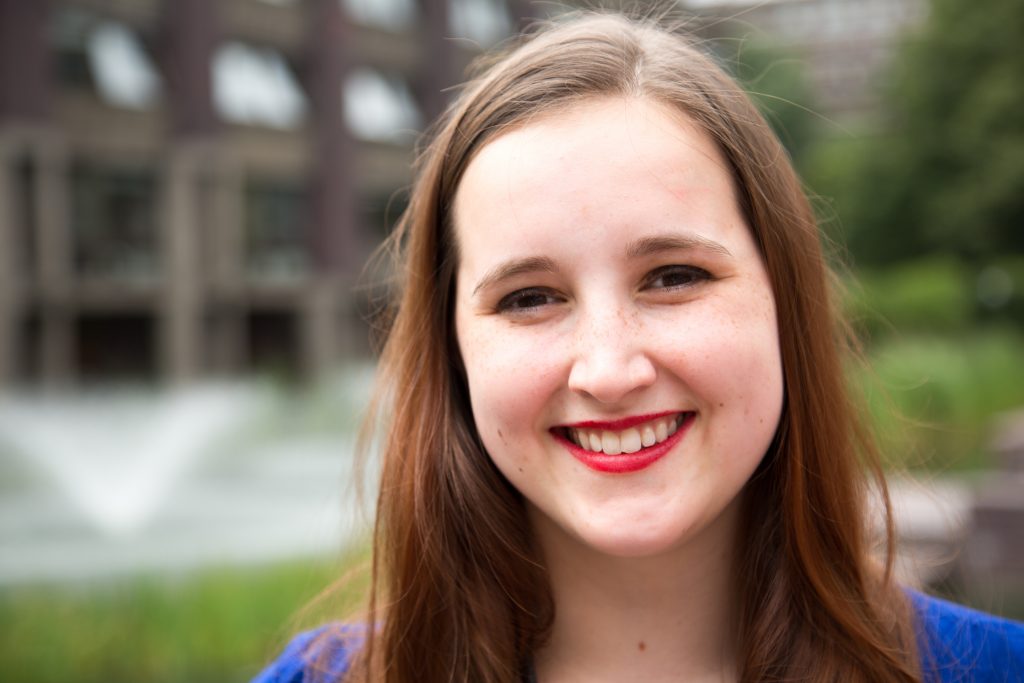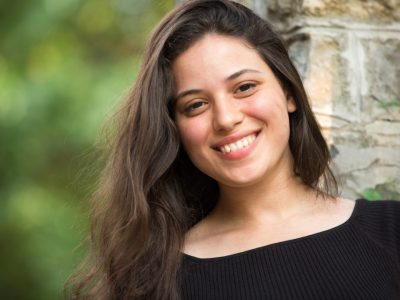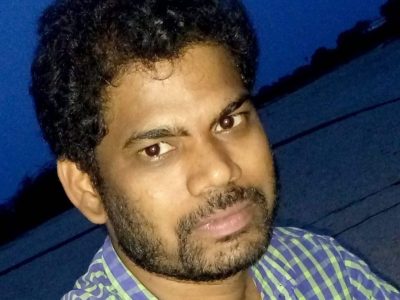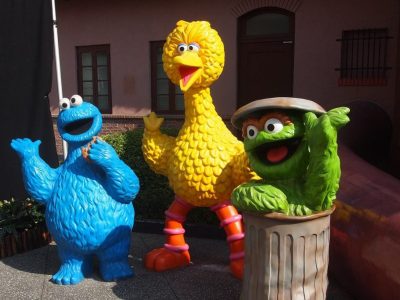
When Emily Temple-Wood was five, she read an entire volume of children’s encyclopedias from cover-to cover. A self-professed geek, Temple-Wood was 12 years old when she waded into the world of Wikipedia. Bullied in school, Wikipedia was a place she felt welcome. “I love to collect information, and I love that I get to share that information with the world,” she says.
Over the years, Temple-Wood has edited or initiated articles on a wide range of subjects spanning from genetic diseases to endangered languages. Two of her first big Wikipedia projects included cannon and history of timekeeping devices articles, both which were nominated as featured articles by fellow editors for their outstanding quality and comprehensive content. Her article on Birt-Hogg-Dubé Syndrome became her first good article in the area of medicine.
Temple-Wood’s work and direct impact on the site is vast. She has created nearly 400 articles and improved hundreds of others, including a featured article on Barbara McClintock, the 1983 winner of the Nobel Prize for the discovery of genetic transposition. Temple-Wood’s impact has been so impressive that she was one of the recipients of 2016 Wikipedian of the Year.
WikiProject Women Scientists
As Temple-Wood became involved in writing and editing articles, she learned about the significant gender bias across Wikipedia’s science domain. When she was a university student in 2012, Temple-Wood founded WikiProject Women Scientists. The project is dedicated to ensuring quality and coverage of biographies of women scientists.
Temple-Wood put the idea into action late one night. She discovered that very few female fellows belonging to the prestigious Royal Society—”a sort of who’s who in the world of science” Temple-Wood explains—had their own Wikipedia articles. So she channeled her frustration: The college student sat in the hallway in her dorm and stayed up until 2 a.m. writing her first women in science Wikipedia article.
Addressing gender bias on Wikipedia
A few years later as a pre-med student, Temple-Wood took on another mission to close content gaps. As she became more known in the Wikipedia community, she became the target of sexist trolls. So began a new initiative. For each harassing email she received, Temple-Wood decided to create one Wikipedia article on a woman in science.
The response to her project was incredible. BBC News, Buzzfeed, The Guardian, The Washington Post, Nautilus, Huffington Post, Jezebel, Backchannel, and many other media outlets wrote about Temple-Wood’s efforts. It took her completely by surprise.
“Writing about women scientists seemed like such a special interest, where no one would really care,” she says. “Then my life suddenly turned into simultaneously doing a bunch of things—I’d be taking calls from reporters in between classes, labs, shadowing doctors, and trying to get everything together before medical school.”
Temple-Wood is quick to credit her fellow collaborators and projects that address the gender gap on the English Wikipedia. Temple-Wood’s friend Rosie Stephenson-Goodknight, who shared the 2016 Wikipedian of the Year Award with her, helped found Women in Red. A red link on Wikipedia signifies that a linked-to page doesn’t exist. Women in Red is dedicating to creating articles for notable women, turning more of those links to blue. Over 37,000 new articles about women have since been created on the English Wikipedia.
“A group of people chipping away, bit by bit, can make a major difference,” Temple-Wood explains. “We got the ball rolling in 2013, and the percentage of women’s biographies has gone from 14 to 17%—an incredible feat.”
For those experiencing online harassment, Temple-Wood says that there is no way to beat them. Instead, she channels her energy elsewhere.
“You can make sure they don’t get the better of you, and writing about women scientists is how I do that,” she says. As examples of the stubborn hold of sexism, she points out the people who have asked if she had sex with powerful men to get into medical school or be named co-Wikipedian of the Year.
“But I’m the one making a difference,” she says. “I’m the one leaving a mark. I and all of the other people in these projects are bringing these fascinating and awesome women to light.”
Profiles — الصفحة الشخصية
Other members of Wikimedia community

May Hachem
Editor since 2013, Wikimedia community
Pranayraj Vangari
Editor since 2013, Wikimedia community
Christine Meyer
Editor since 2007, Wikimedia communityPhoto credits
Victor Grigas/Wikimedia Foundation